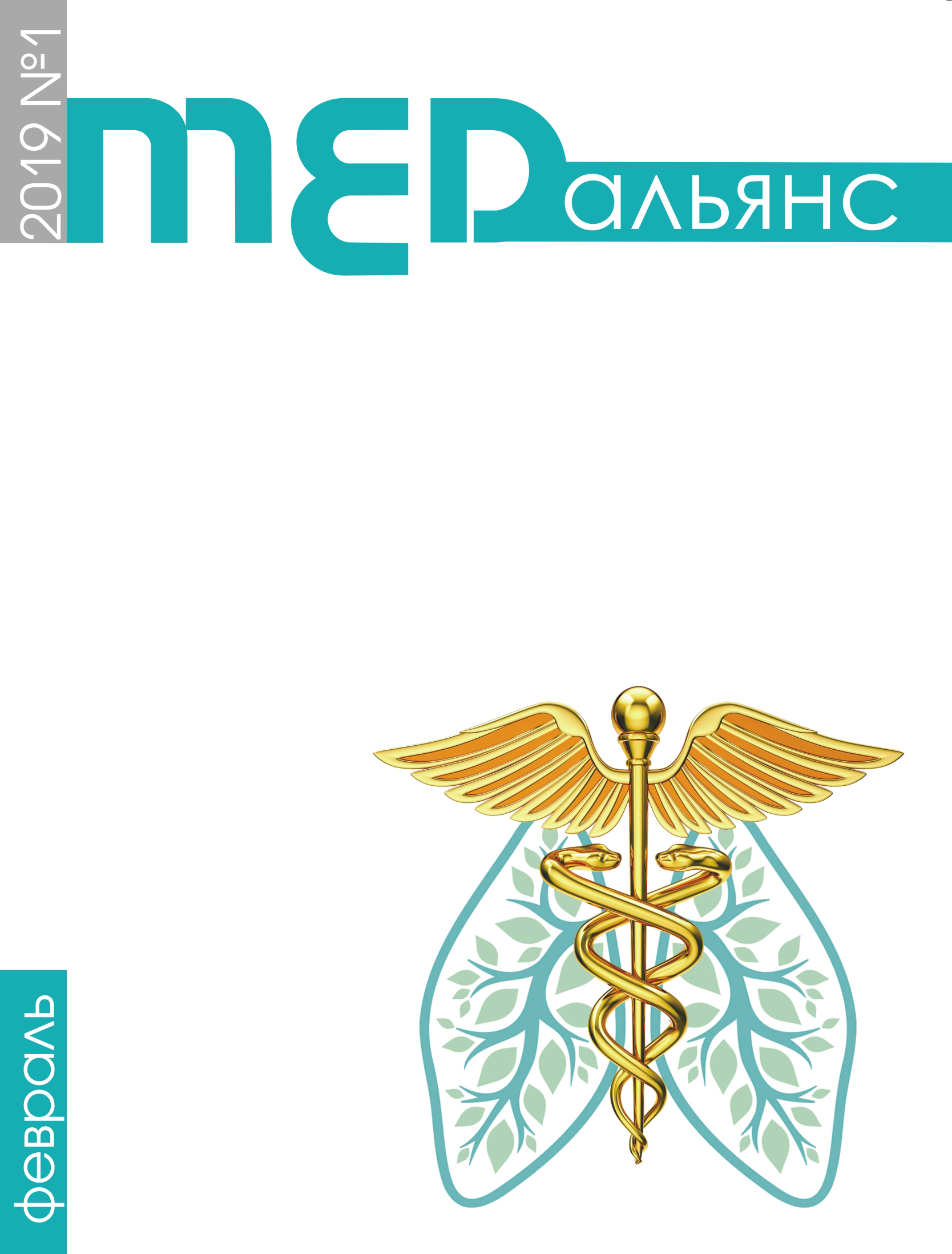Abstract
Background. Drug-induced hepatotoxicity often follows usage of specific polychemotherapy (PCT) in patients with lung tuberculosis. This condition is caused by regimen of chemotherapy, duration of treatment and simultaneous prescription of several drugs. Nevertheless, efficiency of conservative therapy remains to be low and in quarter cases requires surgical treatment under general anesthesia. Common metabolism of anesthetic agents and antituberculosis drugs can increase in the frequency of side effects from the compromised liver. The aim of this retrospective study was to evaluate the effects of different types of anesthesia on liver function in patients with its drug damage caused by specific PCT. Materials and methods. A retrospective analysis of the treatment of 1316 patients in 2011-2015 who underwent surgery on the respiratory organs in the Department of combined and complicated forms of pulmonary tuberculosis of the St. Petersburg State Research Institute of Phthisiopulmonology of the Ministry of Healthcare of the Russian Federation was carried out. 135 (10.3%) cases of liver enzymatic activity increase were revealed, namely: aspartate aminotransferase (AST) and/or alanine aminotransferase (ALT) increase by more than 1.5 times from the upper limit of the norm. Surgical intervention in patients was performed under general inhalation anesthesia with sevoflurane (group 1), isoflurane (group 2), and intravenous anesthesia with propofol (group 3). All patients were monitored ALT, AST, total bilirubin (TB) before surgery, 1, 7, 14 days after surgery. Results. Patients were comparable in ALT, AST, and TB levels in all three groups p>0,05. Further analysis revealed that after 1, 7 and 14 days ALT, AST and OB parameters did not differ in patients included in different groups depending on the anesthetics used. Summary. Anesthesia with sevoflurane, isoflurane and propofol does not have a negative effect on liver function, estimated by ALT, AST and TB levels, both in the early and late postoperative periods.

